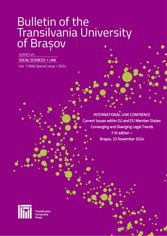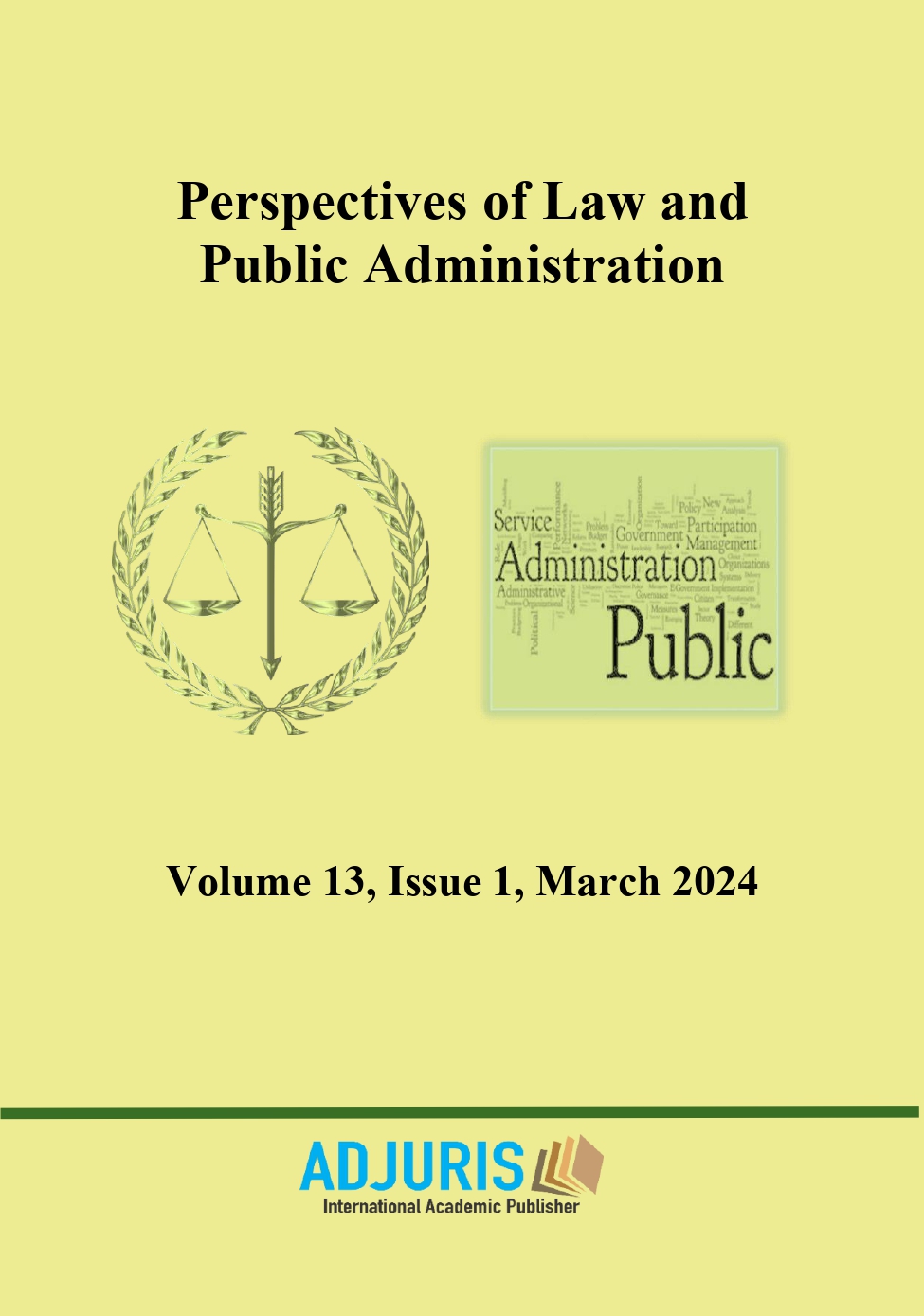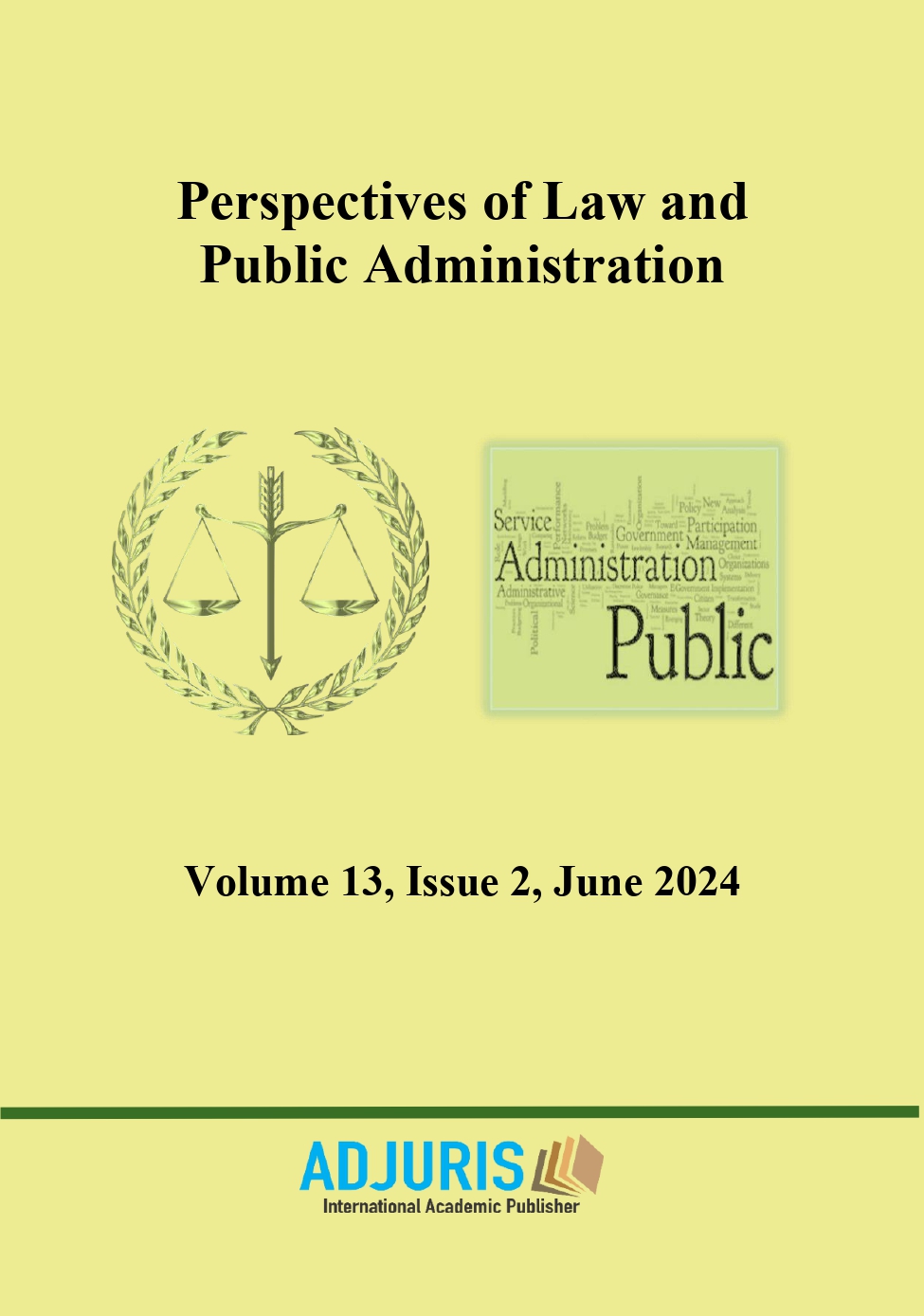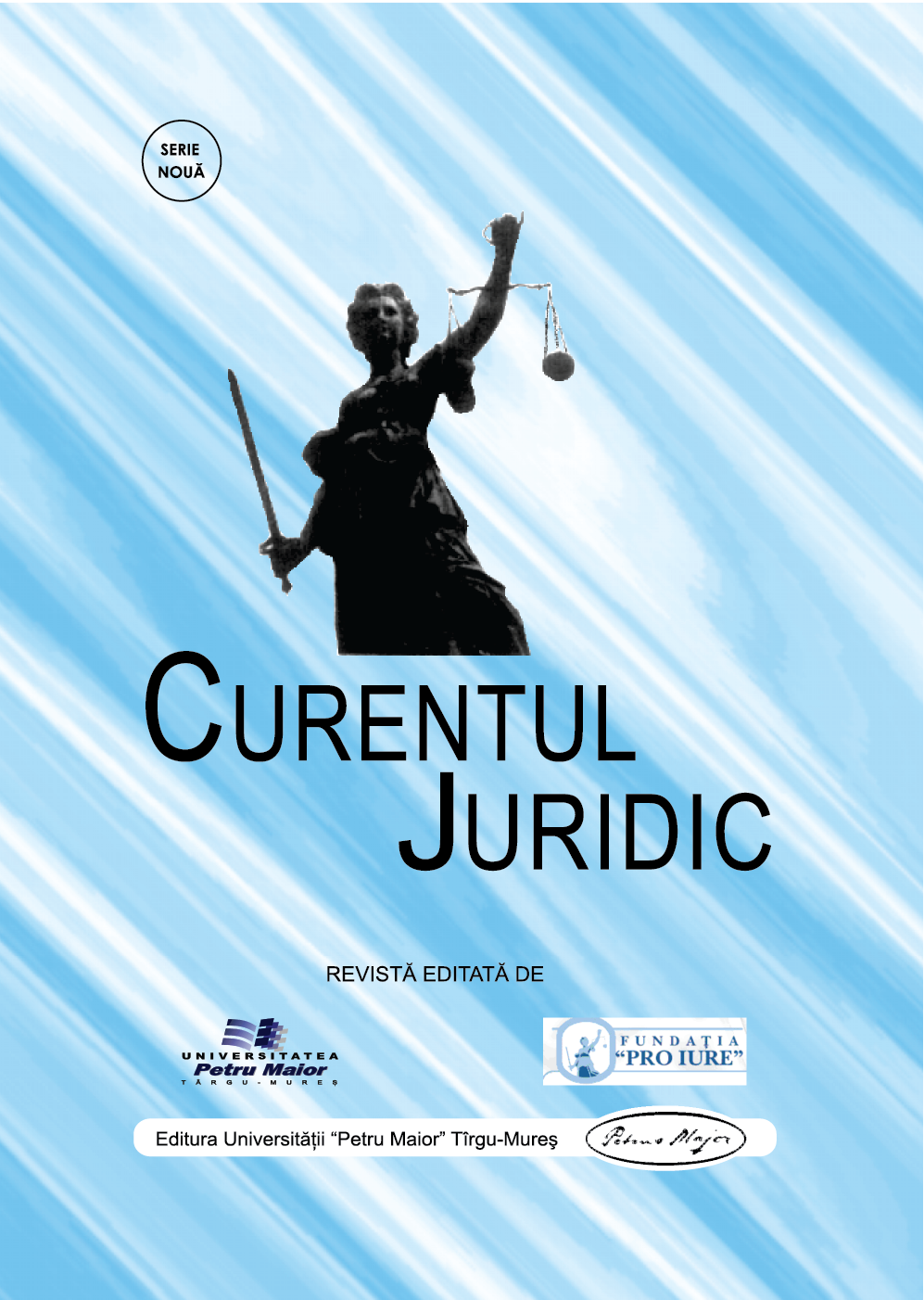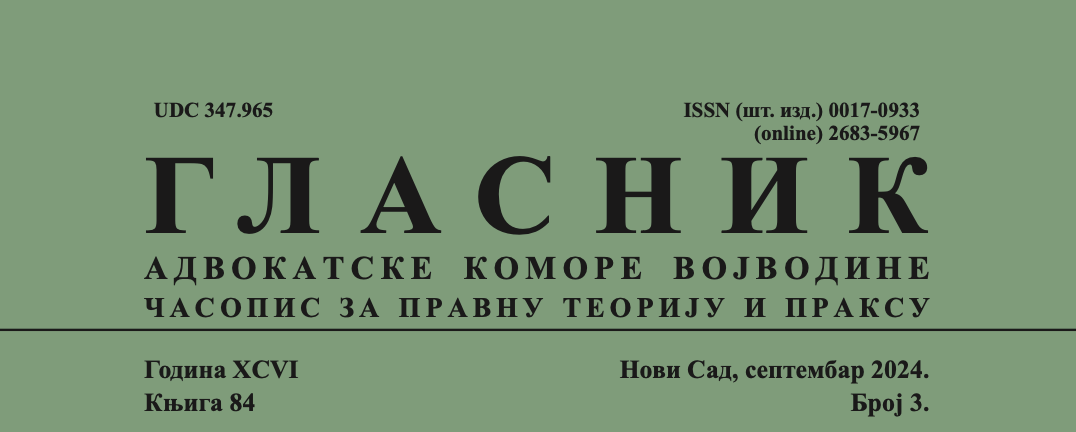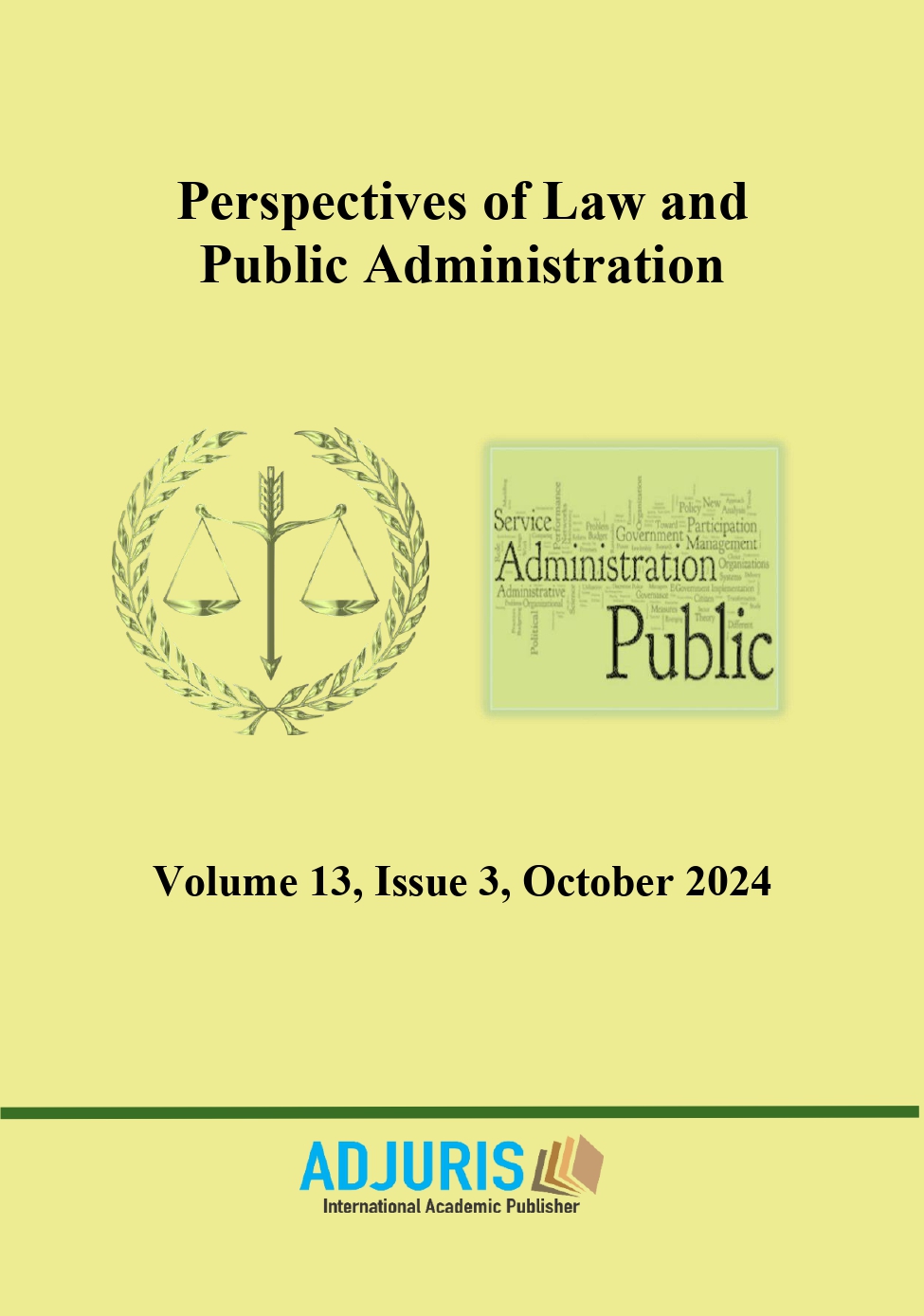Author(s): Balázs Szabó / Language(s): English
Issue: 3/2024
In the course of my scientific research so far, I have investigated many areas of professional administration from the point of view of how information communication devices (especially smartphones and drones) can improve and make the administration of the area more efficient. Of these, hunting management stands out for me and is particularly important, which is the main focus of this study. There are several reasons for this. On the one hand, I hunt myself, and as a senior official of the county's hunting civil organizations, I have a broader knowledge and network of contacts about the background of the area's administration and operating rules than the general citizen's perspective. On the other hand, in this area, I came to the formulation of a research result, which I hope will be able to be put into practice in the future, to convince the legislator of its raison d'etre. There are many opinions regarding what hunting can be considered: a leisure activity, a form of sport, or a way of life. I myself am a supporter of the latter definition, since we are talking about a complex activity that cannot be grasped solely from the aspect of one characteristic. Accordingly, the regulation of hunting is also a complex area of law covering several branches of law, which includes elements of civil law, criminal law and, of course, administrative law, but can also be approached from an environmental law point of view. I believe that this fact also clearly shows that it is useful and by now even expected that the authorities can carry out better administrative processes in relation to the administration of the area with the help of the best possible technical support. In the following, I would like to support the applicability of drones and smartphones, especially by presenting the concept of the e-register of hunting.
More...
